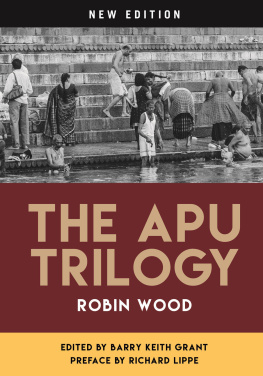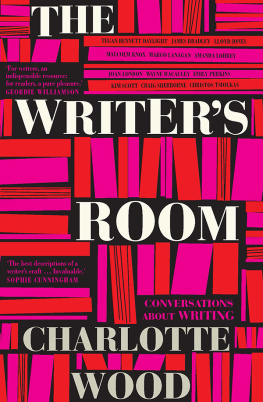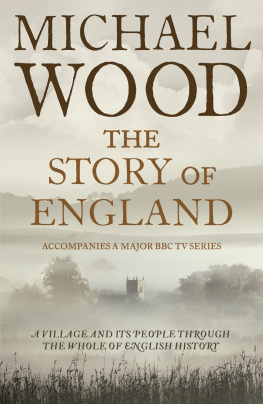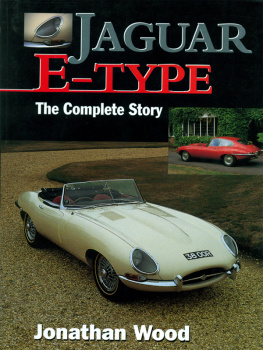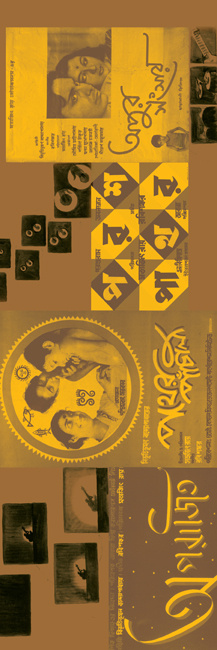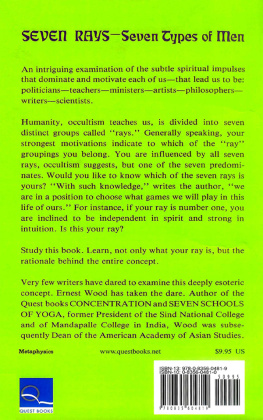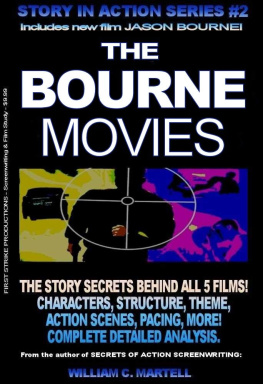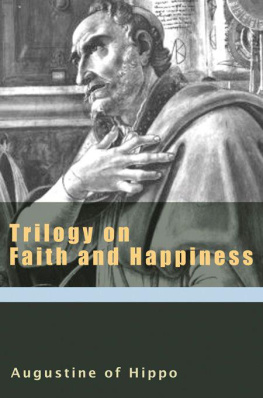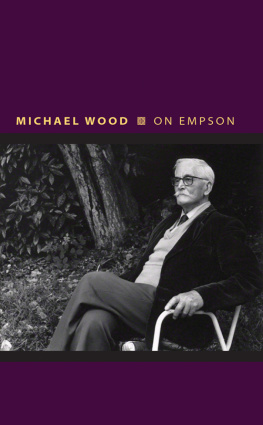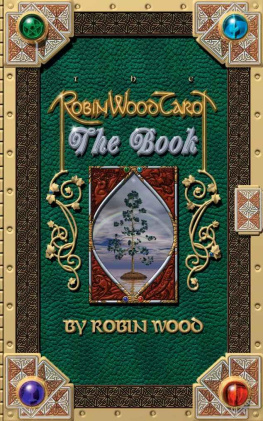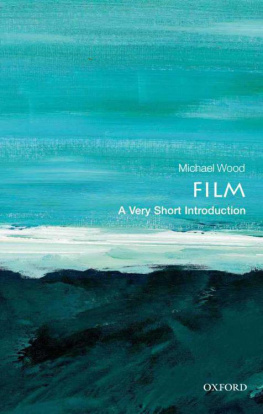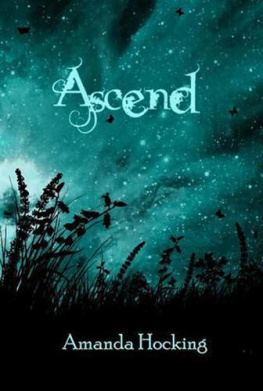Contemporary Approaches to Film and Media Series
GENERAL EDITOR
Barry Keith Grant, Brock University
ADVISORY EDITORS
Robert J. Burgoyne, University of St. Andrews
Caren J. Deming, University of Arizona
Patricia B. Erens, School of the Art Institute of Chicago
Peter X. Feng, University of Delaware
Lucy Fischer, University of Pittsburgh
Frances Gateward, California State University, Northridge
Tom Gunning, University of Chicago
Thomas Leitch, University of Delaware
Walter Metz, Southern Illinois University
A complete listing of the books in this series can be found online at wsupress.wayne.edu
NEW EDITION
THE APU TRILOGY
ROBIN WOOD
EDITED BY BARRY KEITH GRANT
PREFACE BY RICHARD LIPPE

2016 by Wayne State University Press, Detroit, Michigan 48201.
All rights reserved. No part of this book may be reproduced without formal permission.
Manufactured in the United States of America.
20 19 18 17 16 5 4 3 2 1
Library of Congress Cataloging Number: 2016941895
ISBN 978-0-8143-3277-1 (paperback)
ISBN 978-0-8143-4226-8 (ebook)

Designed and typeset by Bryce Schimanski
Composed in Adobe Caslon Pro
Wayne State University Press
Leonard N. Simons Building
4809 Woodward Avenue
Detroit, Michigan 48201-1309
Visit us online at wsupress.wayne.edu
CONTENTS
by Barry Keith Grant
by Richard Lippe
FOREWORD
BARRY KEITH GRANT
The Apu Trilogy is the fifth book by the influential film critic Robin Wood to be republished by Wayne State University Press within its Contemporary Approaches to Film and Media Series. It follows the updated Howard Hawks (2006) and the expanded monographs Ingmar Bergman (2013) and Arthur Penn (2014), three of Woods early and pioneering auteurist studies originally published in the 1960s, and Personal Views (2006), a collection of essays previously published in 1976 only in the United Kingdom. Personal Views, like Ingmar Bergman and Arthur Penn, was significantly expanded with other, later essays by Wood included in the new editions. The book on Hawks, however, was published unchanged except for a new introduction by Wood because, as he wrote there, Of all my early books... this is the one that seems to me to require the least qualification and/or apology. Woods admiration for and interest in Hawks was unwavering because, while his views of Bergman and Alfred Hitchcock (the subject of another early directorial study already revisited by the author) evolved substantially as his criticism became more politically aware, his opinion of Hawks remained largely unchanged. Hawks remains Hawks, as Wood asserted.
The Apu Trilogy, like the Hawks book, is republished here in its original form, although not necessarily because Woods thinking about the director Satyajit Rays work, including the trilogy, remained unchanged over the intervening decades. As Richard Lippe, Woods partner of many years, explains in his preface, it was Woods intention to revise the book, but, alas, poor health prevented him from ever doing so. And although Wood wrote little about Ray subsequently, we know that Ray remained an important filmmaker for him given his unfulfilled wish late in his life to revise it.
That Rays films were of great significance for Wood is amply demonstrated by this relatively slim volume on the Apu trilogy. Of Woods early monographs, it is the only one to focus on a few specific films rather than a filmmakers entire career up to the point of writing. The books subject may have been the least familiar to North American readers at the time, but it is also the most sustained critical commentary that this remarkably insightful and eloquent critic ever produced. Focusing on only three filmsPather Panchali (1955), Aparajito (The Unvanquished, 1957), and Apu Sansar (The World of Apu, 1959), all of which follow the character of Apu Roy as he grows from a boy to adulthoodfrom Rays prolific career, which included directing more than two dozen features as well as several shorts and documentary films and composing the music for almost all of them, Wood demonstrates more clearly here than anywhere his ability at detailed textual analysis, providing an impressively sustained reading of these three films that demonstrates their worthiness to be regarded as among the major achievements of world cinema.
Wood was one of the most insightful and committed advocates of an authentically humanistic cinema. Despite his increasingly politicized perspective, he championed films that explore the human condition (in Personal Views, he unapologetically refers to himself as an unreconstructed humanist), and his analysis of the Apu trilogy reveals and illuminates the films profoundly humanistic qualities with exemplary clarity and rigor, plumbing the psychological and emotional resonances that arise from Rays delicate balance of performance, camera work, and visual design. Wood demonstrates his mastery of close textual reading without being blind to what he regards as the films flaws. If some scenes seem to him forced or contrived, in discussing others he identifies the profound interconnectedness of life and death that Ray captures in the trilogy and so demonstrates their aesthetic value. Lippes affecting account of the directors visit with Wood reveals Rays appreciation for the regard in which Wood held his work.
As has been the case with all of Woods film books republished by Wayne State University Press, the aim here has been to preserve not only the original text but also the format and look of the books as much as possible. In the case of the present book, almost all of the images in the original that were frame captures have been retained; but the reverse printing of several of them has been corrected, and those that suffered cropping have had their proper frames restored. The support of Annie Martin, senior acquisitions editor at the press, and the entire editorial board and staff has made this books publication, along with the earlier reprints of Woods books, possible and is here gratefully acknowledged. I should also like to thank Chris Thomas, honorary secretary of the Powys Society, for promptly tracking down the quotation from T. F. Powyss novel Unclay. Once again, Rob Macmorine and Dan Barnowski of Brock University provided invaluable technical assistance.
Woods early auteurist studies were extraordinarily influential when first published. I have commented in the earlier monographs on the historical significance of these books, but it bears repeating that during a period when few reviewers and critics were taking film criticism seriously, Woods careful and thoroughly cinematic commentaries demonstrated the potential of film analysis in a nascent scholarly field. Of course, other critics already had written about Hawks, Hitchcock, Bergman, and Penn before Wood, although none with the same degree of insight or influence. But Wood was the first English-language critic to write substantively about Rays films, which made the original publication of his monograph on the Apu trilogy unprecedented as well as impressive. Of late, there has been a renewed interest in North America in the work of Satyajit Ray, yet no other critic has come close to equaling the scope and depth of Woods analysis.
PREFACE
RICHARD LIPPE
After Robin Wood committed himself to the Wayne State University Press offer to update the directorial monographs, he initially thought of working on the Bergman book, but he rejected the idea after considering the number of films that had followed
Next page
